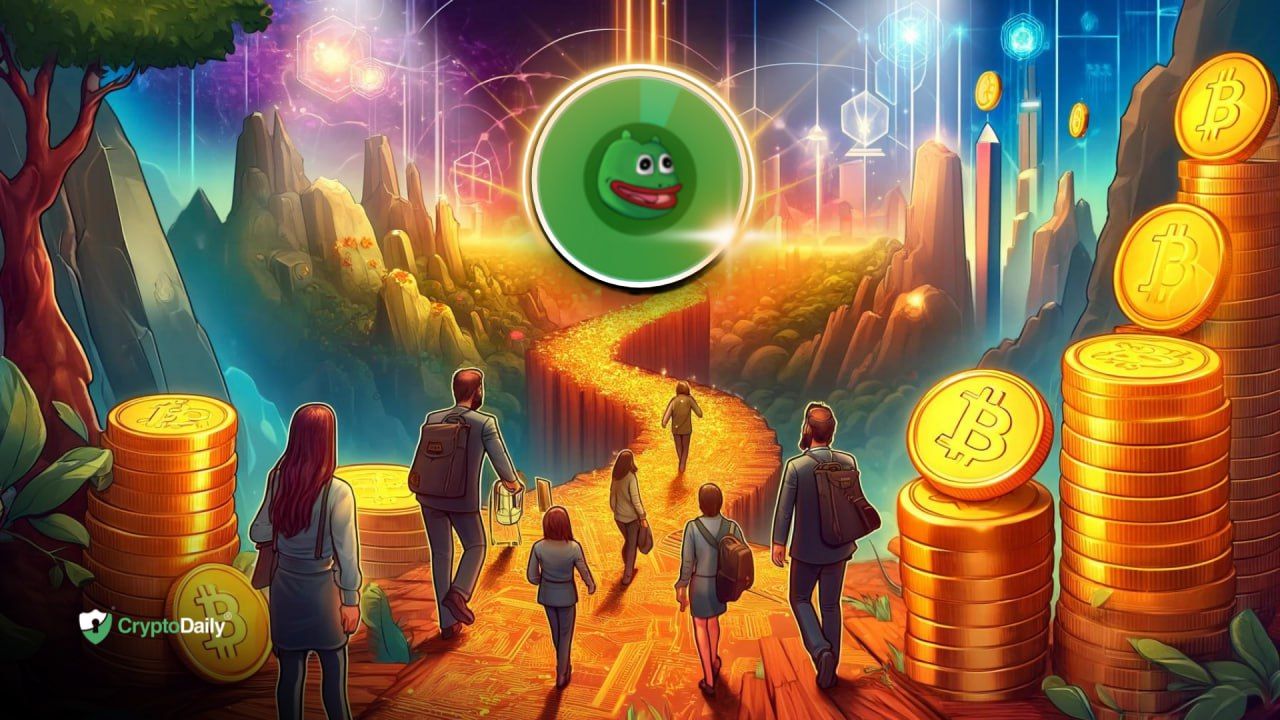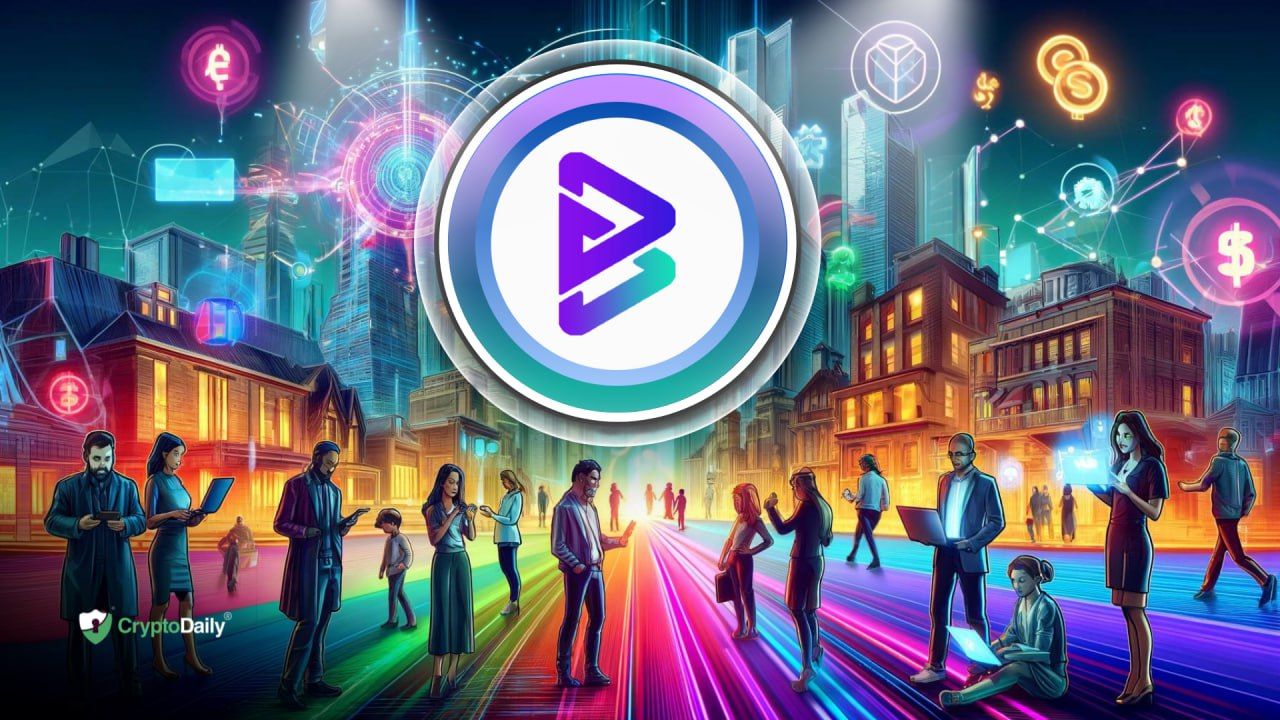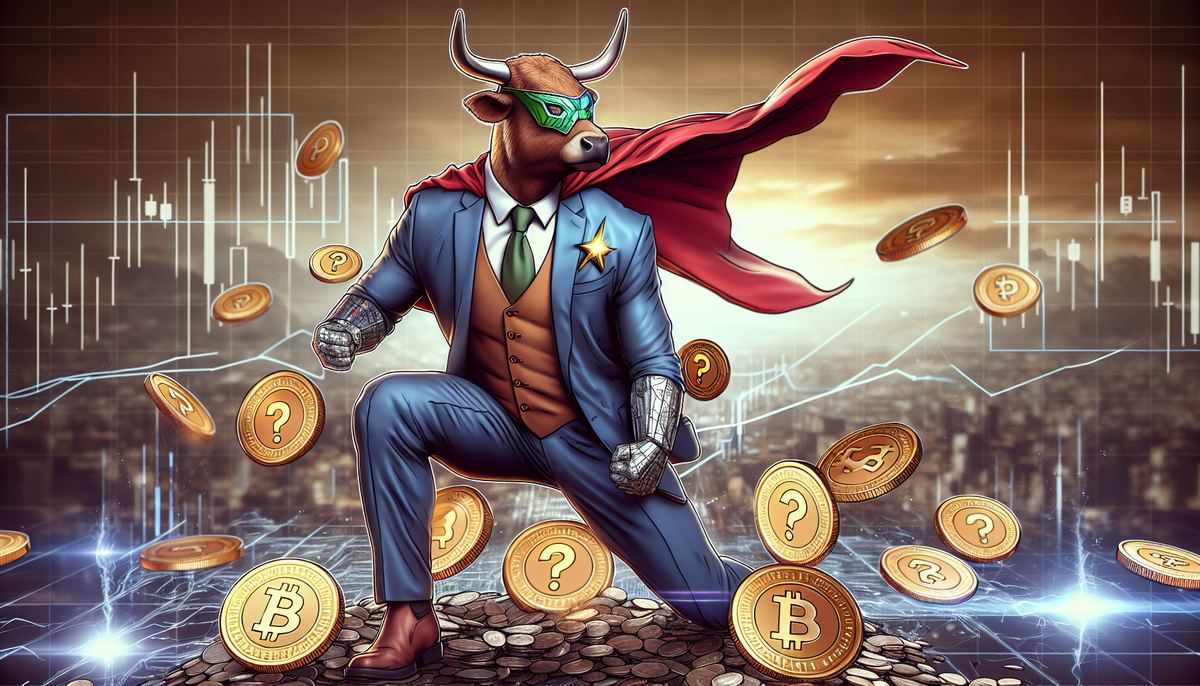The government taxation agency in Singapore has proposed to remove the goods and services tax (GST) from cryptocurrency transactions that function or are aimed to function as a medium of exchange.
At the end of last week, the Inland Revenue Authority of Singapore (IRAS) posted an e-tax draft guide for treatment on what it is dubbing as “Digital Payment Tokens”, seeking to exempt any entity dealing with such digital assets from GST liabilities.
So if this draft guide is given the green light and passes legislation, starting from 1st January 2020, the following few changes will come into effect in order to “better reflect the characteristics of digital payment tokens:”
- “The use of digital payment tokens as payment for goods or services will not give rise to a supply of those tokens”
- “The exchange of digital payment tokens for fiat currency or other digital payment tokens will be exempt from GST.”
The IRAS has said that the e-tax guide is still under review and that the Ministry of Finance will be holding a public consultation from now until the 26th July on the “legislative amendments for digital payment tokens.”
The draft guide also sets out detailed parameters on how digital payment tokens are defined, which should have all of the following listed characteristics:
- It is expressed as a unit
- It is fungible
- It is not denominated in any currency, and is not pegged by its issuer to any currency
- It can be transferred, stored or traded electronically
- It is, or is intended to be, a medium of exchange accepted by the public, or a section of the public, without any substantial restrictions on its use as consideration.
The IRAS has also said in its protocol, “examples of digital payment tokens are Bitcoin, Ethereum, Litecoin, Dash, Monero, Ripple and Zcash.”
The agency has specified that stablecoins, might not be qualified to be GST exempt.
“Any digital token that is denominated in any fiat currency or with a value pegged to any fiat currency will not qualify as a digital payment token,” the IRAS said in the draft. “For example, a digital token pegged to US dollars will not qualify as a digital payment token.”
They go on to say:
Investment Disclaimer“Therefore, the sale, issue or transfer of such tokens for consideration by a GST-registered business is subject to GST. When the tokens are used as payment for the purchase of goods or services, a barter trade resulting in two separate supplies arises — a taxable supply of the tokens and a supply of the goods or services.”










